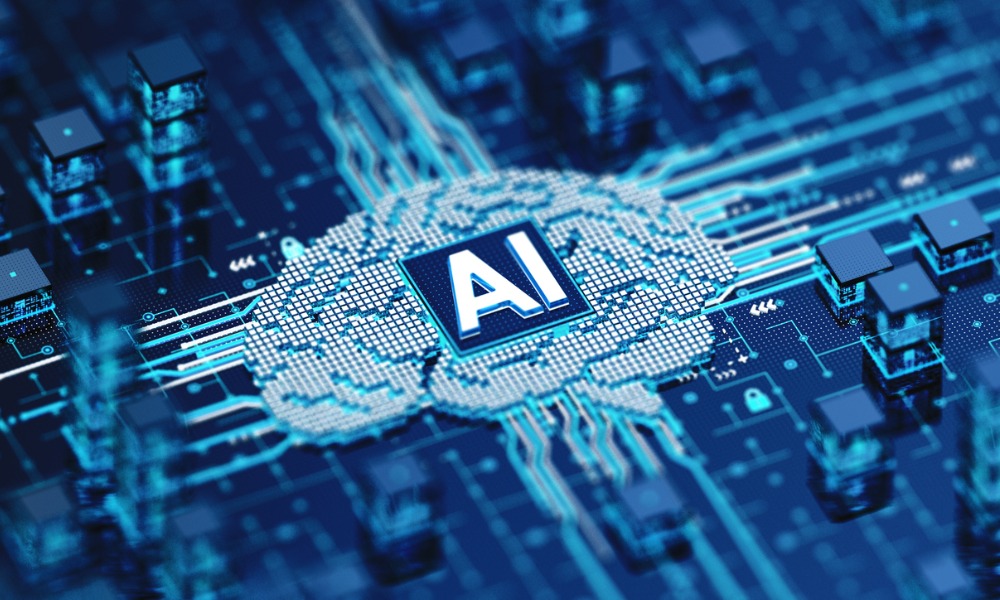
'HR needs to be on the table, leading this conversation, rather than IT,' says HR leader, who will speak at upcoming HR Tech Summit Australia

Employees are eager to use generative AI at work and are not waiting for their hesitant employers to establish policies on it, according to the latest Microsoft Work Trend Index.
In its latest survey in Australia, more than three in four AI users there admitted that they are already bringing their own AI tools to work.
However, this practice can pose security risks, EncompaaS CEO Jesse Todd highlighted in a recent interview with HRD, as generative AI tools can result in sensitive or confidential data being leaked.
"Even seemingly harmless data uploads can contain metadata or context that, when combined with other data, reveals sensitive information. This can lead to unintentional exposure of confidential details," Todd previously explained.
Aman Kaur-Shaik, Director Global HRIS, Strategy and Analytics at Nutrien, shared a similar divided reception to AI in their workplace.
"IT was more worried about it than HR. We were more like, 'let's go, let's go,'" she told HRD. "IT was so worried that we will feed our data to ChatGPT."
But the benefits of using generative AI at work was too much for their team to let go. Kaur-Shaik said they have been using generative AI tools, such as Microsoft Copilot, to come up with PowerPoint presentations, protocols, and documents from their existing templates.
"Not even talking about HR, my own time with Copilot such as creating PowerPoints or creating documentation, I am actually saving like two months," she told HRD. "I just need 10 minutes with Copilot, I'm done."
She added that they are also planning to introduce a new internal AI-powered platform where employees can ask questions about their organisation and its policies and quickly get responses.
So, to address the growing usage of generative AI tools in their workplace, their organisation had to work to ensure safe utilisation.
"We had an AI Advisory Council set up last year, and we have AI policy now," said Kaur-Shaik, who will be one of the panellists at the upcoming HR Tech Summit Australia.
Education on AI also commenced under their IT team, raising awareness about various generative AI tools that are within Nutrien's firewall.
"They did a good job as soon as the hype came. We were like: 'We're going to do it, we are going to do it one way or the other' so they were proactive in that scenario," Kaur-Shaik said.
According to the HR leader, it is critical to train staff as early as possible on these new AI tools as they make their way to the HR function.
"The minute you think you need to introduce AI into organisation, you need to start educating your people on it," she said. "Whether you do it or not, they are going to experiment outside your firewall, so it's better that you educate them so they can comfortably do it inside your firewall."
Kaur-Shaik is one of the panellists for the upcoming HR Tech Summit Australia, which she said she is excited about.
"I think this is going to have gen AI conversations," she said. "HR was never into it before. It was more like an IT kind of a conversation, but I think for employee experience, and I am actually saying this very loud in our organisation now… AI and gen AI is going to improve employee experience."
According to the HR leader, the lines between HR and IT are blurry, and she believes both parties have yet to fully realise how their roles have shifted due to AI.
"HR needs to take a lead into it and IT needs to partner, whereas before, when it was AI conversation, it was more IT taking the lead."
"But we really need to have this conversation from employee experience point of view, from the user experience point of view, and that's where the HR needs to be on the table and leading this conversation rather than IT leading this conversation."